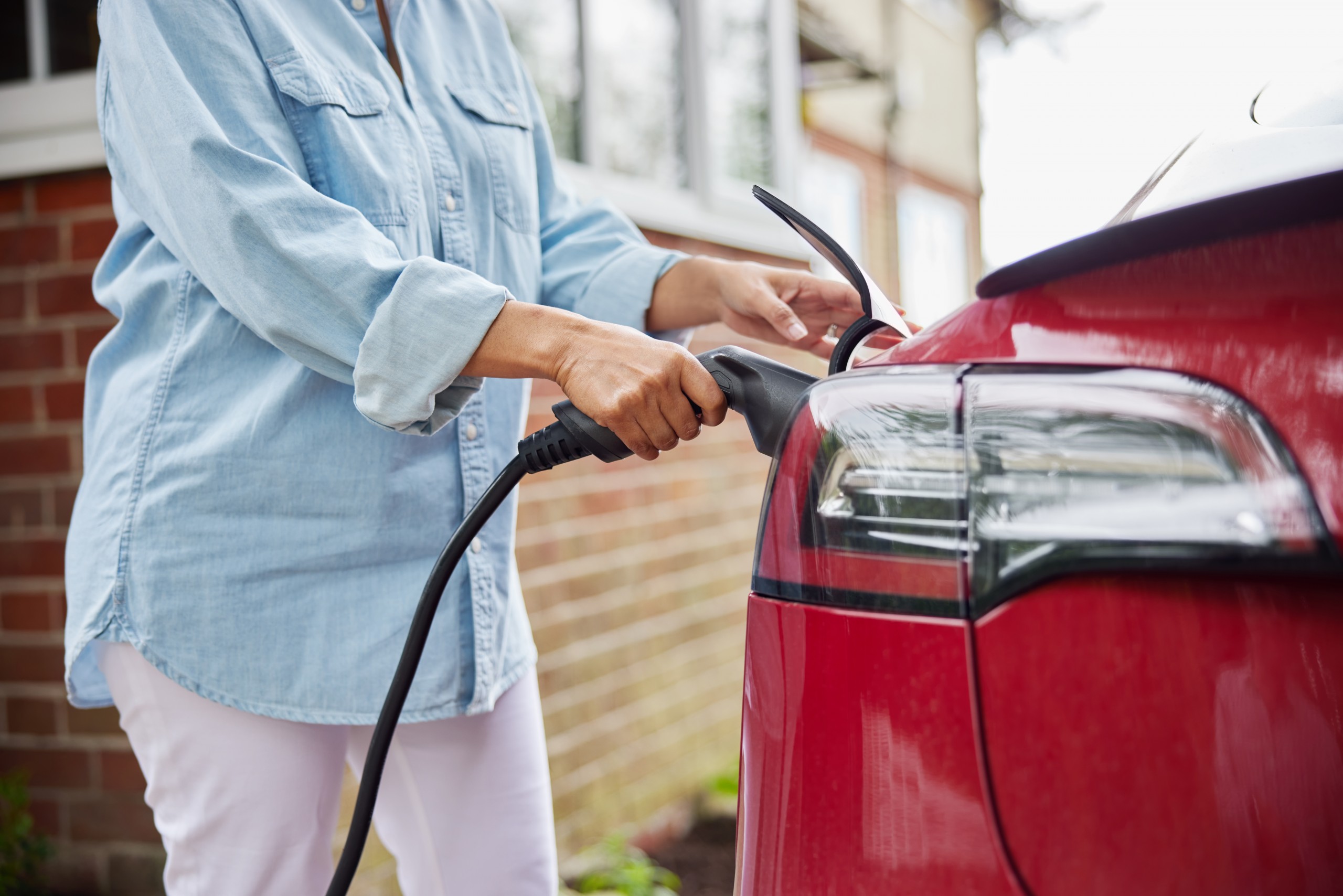[ad_1]
Canada’s auto sector made a important comeback final 12 months because the Detroit Three automakers introduced practically $6-billion to convey EV manufacturing north of the border. However after a expensive Ambassador Bridge blockade by Canadian protesters and with U.S. President Joe Biden’s Purchase American EV tax credit nonetheless on the desk, Canada’s federal authorities might want to make use of some mic-dropping efforts to really persuade a burgeoning EV business that Canada stays a super place to take a position.
There are some huge financial alternatives at stake. World wide, automakers are pouring increasingly more cash into electrical autos, with plans to spend an enormous half a trillion {dollars} in subsequent 5 years. The worth of the EV battery business, in the meantime, is anticipated to exceed $360-billion within the subsequent decade with demand for important minerals set to develop not less than thirty-fold.
Canada has all of the components to construct a world-class EV sector: not solely a powerful automaking heritage but in addition the potential for a battery provide chain that’s been ranked the fifth most promising on this planet. And but, regardless of some progress lately, velocity bumps stay.
For starters, Canada lags far behind different areas in terms of EV gross sales. Whereas nations like Germany, the U.Okay., France, and China are seeing EVs make up between 15 per cent and 26 per cent of latest automotive gross sales, Canadian gross sales had been under six per cent in 2021. That is unhealthy information for Canadian drivers, who’re lacking out on hundreds of {dollars} in cost-savings per 12 months, to not point out insulation from at present’s hovering fuel costs. But it surely additionally makes it robust for auto and battery makers to justify investments in Canada when the home marketplace for these merchandise continues to be comparatively small.
The federal authorities may help by persevering with its rebate program, which makes EVs extra inexpensive, whereas increasing this system to seize extra car lessons (akin to extra SUVs well-liked with households) together with used autos to enhance accessibility. Extra EVs on the street should even be supported by a complete public charging community throughout the nation.
As a result of Canada’s automotive emission guidelines are tied to America’s, our auto business has been held sufferer to the coverage pendulum swings of various U.S. administrations. In the meantime, carmakers within the likes of China and the EU have benefitted from the knowledge of constant guidelines. To guard Canada’s clear automotive future from a doubtlessly disruptive 2024 U.S. election, Canada should undertake a zero-emission car commonplace that units a transparent, easy path for Canadian EV gross sales.
In spite of everything, a zero-emission car commonplace affords one thing that each one rising industries need: certainty. A charging set up firm, for instance, can trust in its determination to put in new cost factors in a neighborhood shopping center, whereas a battery recycling firm can justify increasing its operations. It ensures the market, in flip supporting the business that depends on it. A zero-emission car commonplace may even guarantee carmakers prioritize Canada for the place they promote and construct EVs, even when Biden’s tax credit score for U.S.-made EVs is enacted.
However Canada’s EV success wouldn’t be full with out a sturdy home battery provide chain to energy it. And already it’s dropping essential floor.
China continues to dominate the battery market with 80 per cent of worldwide cell manufacturing, whereas the EU is on monitor to seize 20 per cent of the market share by 2025. In the meantime, the market in North America is heating up, and Canada retains lacking out. A number of U.S. states are providing huge incentive packages to land manufacturing services, which have helped entice not less than US$20-billion in funding, supporting practically 15,000 jobs thus far. With President Biden’s new Infrastructure, Funding and Jobs Act allocating over US$6-billion extra to battery provide chain growth, Canada’s window of alternative is almost closed. The federal authorities wants to maneuver quick and produce actual funding to the desk.
And but, hope persists. Whereas Canada’s auto business might have hit just a few velocity bumps, there are some very compelling causes for EV makers to construct their future right here. Let’s not allow them to miss out on what Canada can supply.
This put up initially appeared in the Hill Occasions.
[ad_2]

